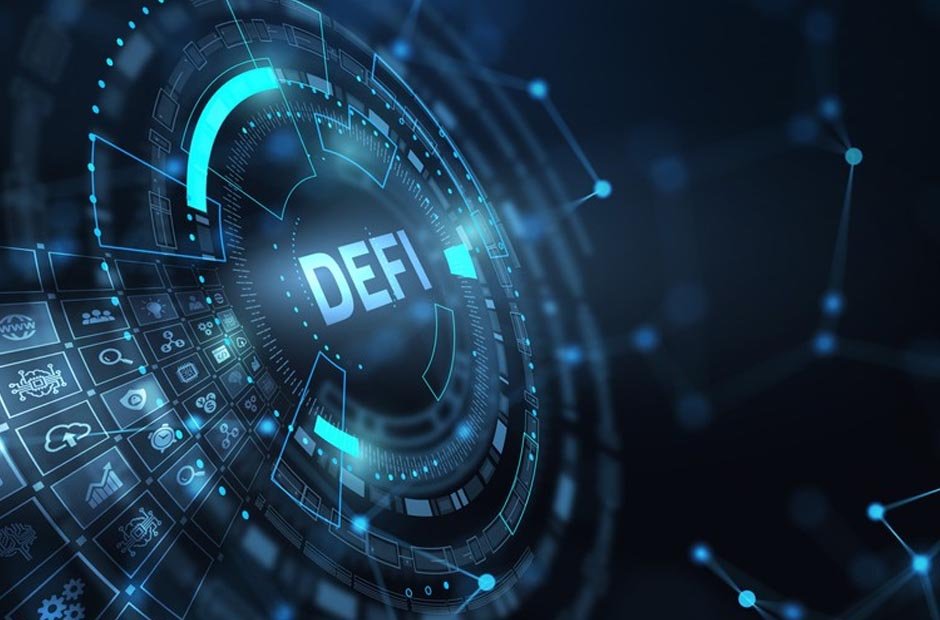Table of Contents
Introduction to DeFi Governance
Decentralized Finance (DeFi) has emerged as a transformative force in the financial world, offering innovative solutions that challenge traditional financial systems. At the heart of DeFi lies the concept of governance, which enables the community to collectively make decisions regarding the operation and development of decentralized protocols and platforms; for more information on DeFi governance principles and practices, visit the official site.
Principles of DeFi Governance
Transparency and openness are fundamental principles of DeFi governance. Unlike traditional finance, where decision-making processes are often opaque, DeFi projects strive to be transparent in their operations and decision-making. This transparency fosters trust within the community and ensures that decisions are made in the best interest of all stakeholders.
Decentralization is another key principle of DeFi governance. Decentralization refers to the distribution of decision-making power among a diverse group of stakeholders, rather than being controlled by a central authority. This ensures that no single entity has undue influence over the governance process, making DeFi more resilient and censorship-resistant.
Community-driven decision-making is the cornerstone of DeFi governance. In decentralized finance, the community has the power to propose, discuss, and vote on changes to the protocol. This bottom-up approach ensures that decisions reflect the collective wisdom and preferences of the community, rather than being dictated by a centralized authority.
Governance Tokens
Governance tokens are an integral part of decentralized governance in DeFi. These tokens are used to facilitate voting and decision-making within decentralized protocols. Holders of governance tokens are granted voting rights, allowing them to participate in governance processes and shape the future direction of the protocol.
Examples of popular governance tokens include COMP, the governance token of the Compound protocol, and MKR, the governance token of the MakerDAO platform. Holders of these tokens can use them to vote on proposals such as changes to protocol parameters, the addition of new features, or the allocation of funds from the protocol’s treasury.
The Role of Community in Governance
The community plays a crucial role in governance by actively participating in decision-making processes. Community members can submit proposals, discuss them with other stakeholders, and vote on the implementation of proposed changes. This inclusive approach ensures that governance is truly decentralized and reflects the interests of the community.
Decisions in DeFi governance are typically made through a process known as on-chain voting. This involves submitting transactions to the blockchain that contain the details of a proposal, such as the changes being proposed and the voting options available. Once submitted, these transactions are recorded on the blockchain and can be verified by anyone.
Governance Models in DeFi
There are several governance models employed in DeFi, each with its strengths and weaknesses. On-chain governance allows for direct, transparent, and immutable decision-making through the use of smart contracts. Off-chain governance, on the other hand, relies on off-chain discussions and signaling to inform on-chain decisions.
Hybrid governance models combine elements of both on-chain and off-chain governance. These models seek to strike a balance between the transparency and security of on-chain governance and the flexibility and efficiency of off-chain governance. Examples of protocols using hybrid governance models include Yearn Finance and SushiSwap.
Case Studies: Successful Governance in DeFi
MakerDAO, one of the earliest DeFi projects, has a well-established governance system centered around the MKR token. Holders of MKR can participate in on-chain voting to make decisions such as adjusting the stability fee, adding new collateral types, and upgrading the protocol.
Compound is another DeFi protocol that has implemented successful governance mechanisms. The Compound protocol is governed by the COMP token, which allows holders to propose and vote on changes to the protocol. This governance model has enabled Compound to evolve and adapt to changing market conditions.
Uniswap, a leading decentralized exchange (DEX), has also embraced community governance through the use of the UNI token. Holders of UNI can participate in governance proposals that impact the future development and direction of the Uniswap protocol.
Challenges and Future of DeFi Governance
Despite its many advantages, DeFi governance faces several challenges. Scalability is a major concern, as increasing participation in governance could lead to higher transaction fees and slower transaction times. Additionally, the risk of Sybil attacks, where a single entity poses multiple stakeholders to influence governance outcomes, poses a threat to the integrity of decentralized governance.
Looking ahead, the future of DeFi governance is likely to see continued experimentation with new governance models and mechanisms. Projects may explore novel approaches to address scalability issues, such as layer 2 solutions or optimized smart contracts. Furthermore, the evolution of governance tokens and voting mechanisms could lead to more efficient and inclusive governance processes.
Conclusion
DeFi governance is a vital component of the decentralized finance ecosystem, enabling the community to collectively govern and shape the future of decentralized protocols and platforms. By adhering to principles of transparency, decentralization, and community-driven decision-making, DeFi governance has the potential to revolutionize the way financial systems operate, making them more inclusive, transparent, and resilient.










